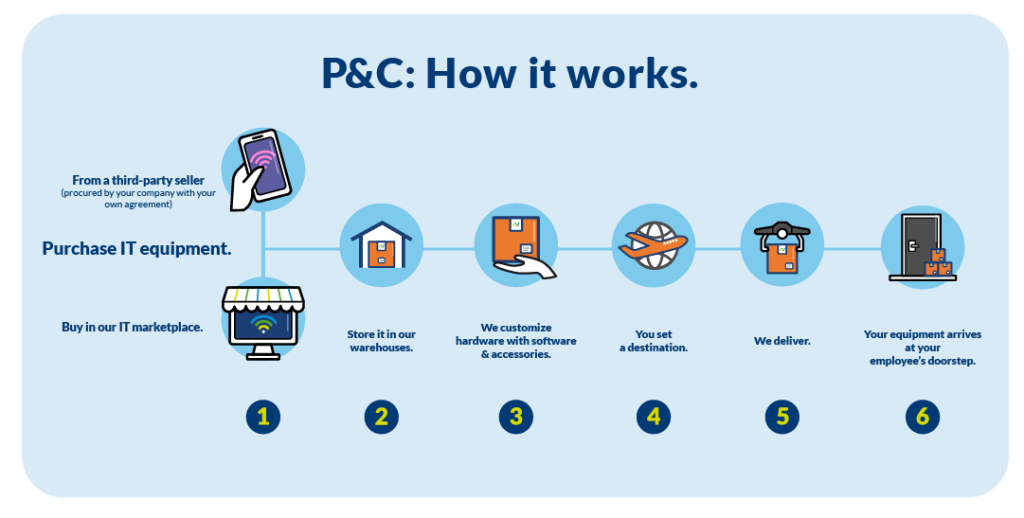
Decoding the Future of Hybrid and Remote Work
Decoding the Future of Hybrid and Remote Work
We break down the main trends that shape the present and future landscape of hybrid and remote work:
New Norm: The Hybrid Work Framework
The hybrid work paradigm, where employees can oscillate between remote and in-office work, is gaining prominence post-pandemic. This model offers flexibility, monetary savings, and conserves time for employees, while enabling companies to economize on physical workspace and other related resources. Although some businesses are reverting to fully in-person operations, many others are gravitating towards this blend of remote and onsite work.
Flexibility Takes Centre Stage
Flexible work arrangements are driving the preference for remote or hybrid models over traditional five-day office weeks. Factors such as childcare responsibilities, mental wellbeing, and personal fitness have all contributed to this shift. The ability to choose one’s work time and place has led to increased productivity and job satisfaction, despite longer work hours. A telling stat is that 46% of employees in hybrid work models with flexible hours have reported heightened job satisfaction.
In response to this demand for better work-life balance, many organizations are setting boundaries on work expectations, encouraging breaks, and discouraging out-of-hours work. This flexible approach has significantly improved workplace culture and team dynamics.
Technology: The Backbone of Remote Work
Advancements in technology continue to facilitate remote work. Tools such as Zoom, Skype, and Microsoft Teams have become integral to our work routines, playing a pivotal role in maintaining high levels of engagement. Businesses are now investing heavily in technology for seamless communication and collaboration within remote teams. Tools for video conferencing, project management, and cloud storage, as well as advancements in areas like artificial intelligence, are enabling employees to enrich their work experience remotely.
Wellness: More Than Just a Buzzword
Emphasizing employee wellness, organizations are introducing wellness programs and resources to counter the isolation and potential burnout of remote work. Digital yoga and fitness classes, paid wellness or mental health days, and even virtual happy hours all contribute to an employee’s sense of wellbeing and connectedness, helping them maintain a healthy work-life balance.
Diversity, Equity and Inclusion: More Than Just a Checkbox
Remote work is instrumental in fostering diversity and inclusion by enabling companies to source talent globally. Organizations are adopting policies to ensure that remote workers are integrated into the company culture and decision-making processes. By fostering diverse and inclusive teams, businesses can stimulate a working environment conducive to innovation and success.
Environmental Sustainability: The Green Advantage
Remote and hybrid work models can significantly reduce carbon emissions by cutting down on commuting. By supporting such models, businesses also enable employees to utilize time otherwise spent on commuting for personal activities. This not only promotes employee satisfaction but also contributes to environmental sustainability.
Revolutionizing Workforce Management
Managing a remote workforce demands a different skill set than managing an in-person team. Businesses are acknowledging this and investing in training their managers on crucial aspects of hybrid and remote team management, such as effective communication, productivity assessment, and utilizing collaboration tools. This focus on equipping managers with the right skills can significantly contribute to the success of digital transformation.
Remote Workforce Provisioning: The New Frontier
In the realm of hybrid and remote work, effective and efficient workforce provisioning has emerged as a crucial element. This pertains to the supply and management of necessary resources that enable employees to work remotely without hindrances.
It involves onboarding and offboarding processes, having equipment (laptops, monitors, accessories, etc.) to deliver at the indicated time to new hirings, as well as picking them up from the home of employees leaving the company, coordinating the pick-up, tracking the shipment and delivering it to the office or warehouse where inventories are stored.
To refresh IT equipment, the new asset must be sent and exchanged with the one the user is currently using, with the coordination and follow-up that this implies, and for which technical time will have to be dedicated (software installation, hardware reconditioning), administrative and logistics time. It especially becomes complex for global companies, where the employee could live anywhere in the world.
Supporting companies in Hybrid and Remote Workforce, Net Universe has created the Provisioning & Collection (P&C) service, in which a client can contract the services of shipping and recovering laptops (and accessories), but also use our own warehouses strategically distributed in different continents, where an inventory of each client’s equipment is stored to be conditioned, installing the base software, managed, controlled and sent anywhere in the world, even in those countries where the shipment of equipment is complicated due to restrictions customs or unfavorable local conditions.
This trend is being increasingly used by companies of different sizes, those as large and global or even smaller and with operations in certain regions.

In essence, remote workforce provisioning is about providing employees with the means to perform their roles effectively in a remote setting, ensuring they can deliver their best work, no matter where they are located. By addressing these areas, businesses can ensure a smoother transition to remote working models, resulting in increased employee satisfaction and productivity.
In summary, the future of hybrid and remote work hinges on flexibility, employee empowerment, and a healthy work-life balance. By focusing on technology, employee wellness, inclusive workspaces, and innovative remote workforce management, businesses can foster a thriving hybrid or remote work culture that benefits employees, customers, and ultimately, their own success.
If you want to learn more about Net Universe Provisioning & Collection services and how Net Universe can help your company optimize IT Supply Chain processes, visit https://www.netuniversecorp.com/provisioning-collection/




